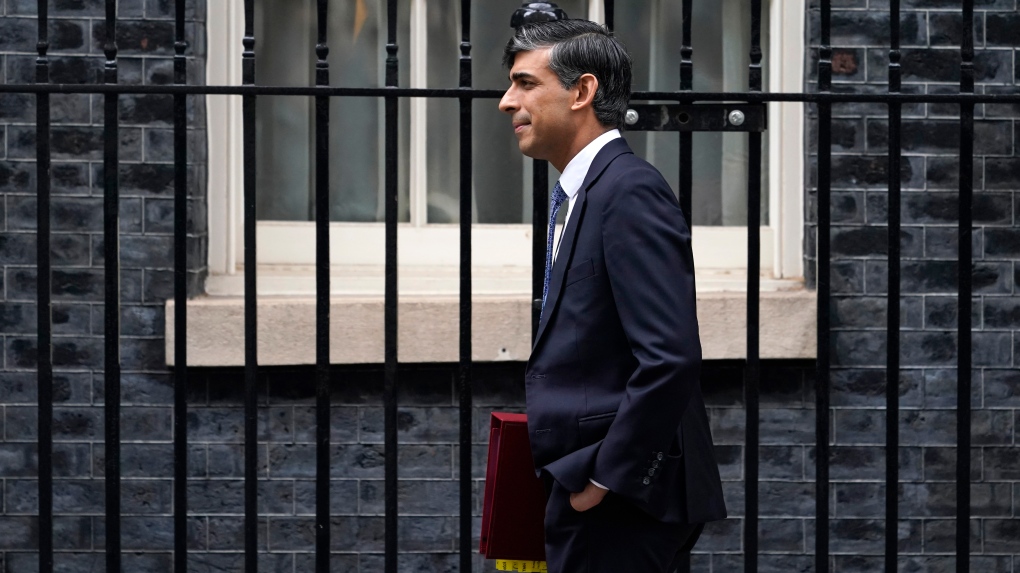British Prime Minister Rishi Sunak’s Conservative Party is set for a heavy defeat at a national election expected this year, according to a seat projection published on Wednesday which showed the opposition Labour Party winning more than 400 seats.
The YouGov model, which predicts results in individual parliamentary seats based on estimated vote share, projected that Sunak’s Conservatives would win just 155 seats and Labour would win 403 seats. Britain’s parliament has 650 seats.
Polls have consistently given Labour a double digit lead over the Conservatives, ahead of an election which Sunak has said he expects to call in the second half of the year.
The Conservatives have been in government, either in coalition or on their own, since 2010, but have had five different prime ministers in that time, as Britain’s vote to leave the European Union and scandal over the handling of the COVID crisis led to continued political turmoil.
The poll indicated Sunak is still struggling to gain momentum after a tax-cutting budget last month and ahead of local elections in May. The model showed the Conservatives doing slightly worse – and Labour doing better – than when YouGov last published such a projection in January.
YouGov now projects that the Conservatives would score fewer seats than they did in 1997, when they won just 165 seats in a landslide defeat to a Labour Party led by Tony Blair.
Among the prominent Conservative lawmakers who could lose their seats were finance minister Jeremy Hunt and former leadership candidate Penny Mordaunt, YouGov said.
The model projected Labour would fall short of the 418 seats won under Blair, with the projected 154 seat majority also less than the 179 majority it won in 1997.
YouGov interviewed 18,761 British adults interviewed from March 7-27 for the survey. The number is many times larger than regular opinion polling and YouGov said the method correctly predicted the previous two elections.
It said the headline election result based on the model would see Labour on 41 per cent of the vote and Conservatives on 24 per cent, though cautioned that the results could look different to regular polling due to its treatment of those that do not currently have a voting intention.
(Reporting by Alistair Smout; Editing by William James)







